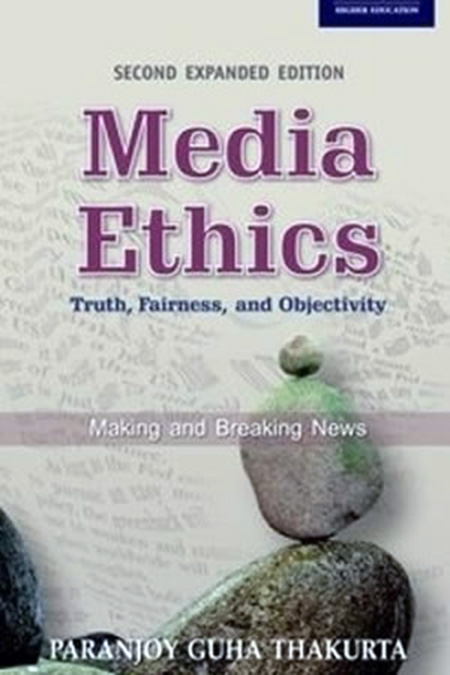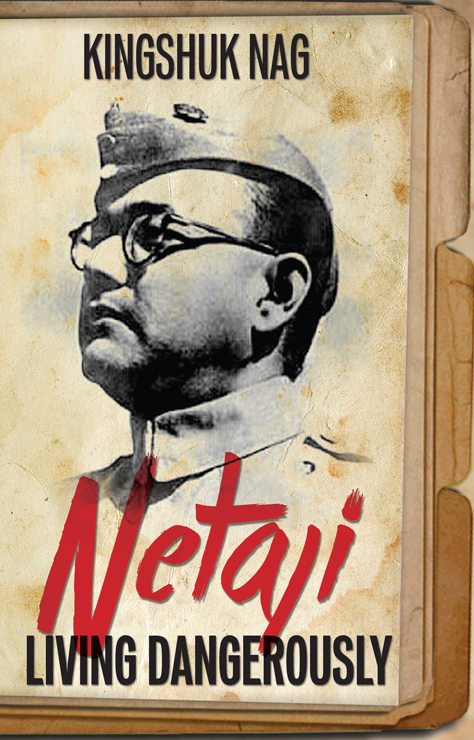HE WAS such a multi-faceted personality that it’s impossible to cubby-hole him. He was an economic policy administrator for much of his professional life but it would be inaccurate to describe him as such — for he was also an academic, a politician, a diplomat, a bureaucrat and a researcher who provided a different perspective on the extent of poverty in India. As an economist, he was always firmly rooted in the left wing of the Congress, empathetic towards the Communists but never a part of them. More importantly, he was a critic of the neo- liberal school of economic thought that is subscribed to by PM Manmohan Singh.
Arjun Sengupta, who passed away at the age of 73 on 26 September after a brief illness, was an MP from West Bengal for the last five years of his life. He would never have been elected as an independent member of the Rajya Sabha had it not been for the support of the Communists (who were then supporting the first UPA government), besides the Congress. After an illustrious career in academics (MA in economics from Presidency College, Kolkata and a PhD from Massachusetts Institute of Technology), he had joined Indira Gandhi as her special adviser after her return to power in the wake of the disintegration of the Janata Party government.
As an educator, Sengupta traversed through many institutions, some of which were Jawaharlal Nehru University, Delhi School of Economics, London School of Economics and Harvard University. As an administrator and a bureaucrat, he served as member secretary, Planning Commission and executive director to the International Monetary Fund, while as a diplomat he was India’s ambassador to the European Union. He was also deeply interested in issues linking human rights to poverty — he served as an independent expert with the Human Rights Commission, Geneva.
In 2006, as head of the National Commission for Enterprises in the Unorganised Sector, Sengupta presented a report to the PM pointing out that 77 percent of India’s population survived on 20 or less a day and that as much as 86 percent of the country’s workforce was in the unorganised sector. At a time when people were gloating about growth rates, this information was economic heresy of sorts, and was predictably sought to be pooh-poohed on methodological grounds. But Sengupta stood his ground and asserted that his conclusion was based on data from the National Sample Survey Organisation. Two years later, in 2008, the government enacted the Unorganised Workers’ Social Security Act — an extremely watered-down version of the kind of legislation he wanted.
He was no fire-breathing radical. But he was certain that the market did not have magical solutions to the problems of poverty, illiteracy, healthcare and the absence of a social security net for the disadvantaged sections. In this sense, he understood the limitations of gung-ho policies of economic liberalisation in ensuring job creation and “inclusive” growth. He acknowledged that even if the incidence of poverty was on the decline in contemporary India, over three-fourths of the population needed help that only the government could provide.
He counted among his friends academics, netas and babus who professed different ideologies. Sengupta would have liked to influence policy much more than he did. Like the PM, he entered politics late in his life. But unlike him, he did not cultivate political godfathers despite his proximity to Indira Gandhi. He went suddenly — one of his colleagues wondered why he never once mentioned ill-health. He was one Finance Minister India never had. But he would have laughed heartily at such a suggestion.


